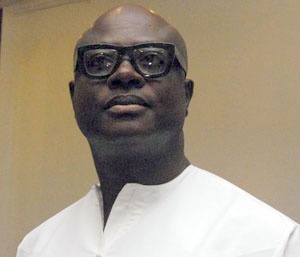Members of the Kumasi Metropolitan Assembly (KMA) have reportedly kicked against the proposed procurement and installation of Closed-Circuit Television (CCTV) cameras within the Central Business District of Kumasi and known flashpoints.
The Metropolitan Chief Executive (MCE), Mr. Kojo Bonsu, while delivering his Sessional Address at the First Ordinary Meeting of the 3rd Session of the assembly on May 21, 2013, indicated that the project was a priority, and that the cameras would be networked to a central security monitoring system, as a way of ensuring security in the metropolis.
But, the assembly members have kicked against the Mayor’s initiative, saying the procurement of the CCTV cameras, which is estimated to cost the Assembly GH¢200,000, was not a priority for the Metropolis.
They claim there are basic needs like sanitation and street lighting to be provided at the various electoral areas, and that these should be tackled as major problems facing the residents. “The constituents need good sanitation, good drinking water, and better street lighting system than CCTV cameras,” they said, and complained that “Approving such a Budget would be the greatest disservice ever to be handed to the residents.”
The assembly members further bemoaned a proposed budget of GH¢100,000 for a tree planting exercise in the Metropolis, at a time the city authorities were overseeing the cutting down of trees without restraint by private developers for the sitting of unauthorised structures, and questioned the morality of the tree planting exercise at such a high cost.
Another concern raised by the members, who prefer to remain anonymous, was the proposed construction of a fence wall around the Tafo Public cemetery by the KMA at a cost over GH¢200,000.
They want the various budgetary allocations for the CCTV project, Tafo fence wall construction, and tree planting to be channeled to more human-centered developmental projects in the Metropolis, without which they would reject and resist the imposition of the budget on the Assembly.
General News of Thursday, 12 September 2013
Source: The Chronicle













